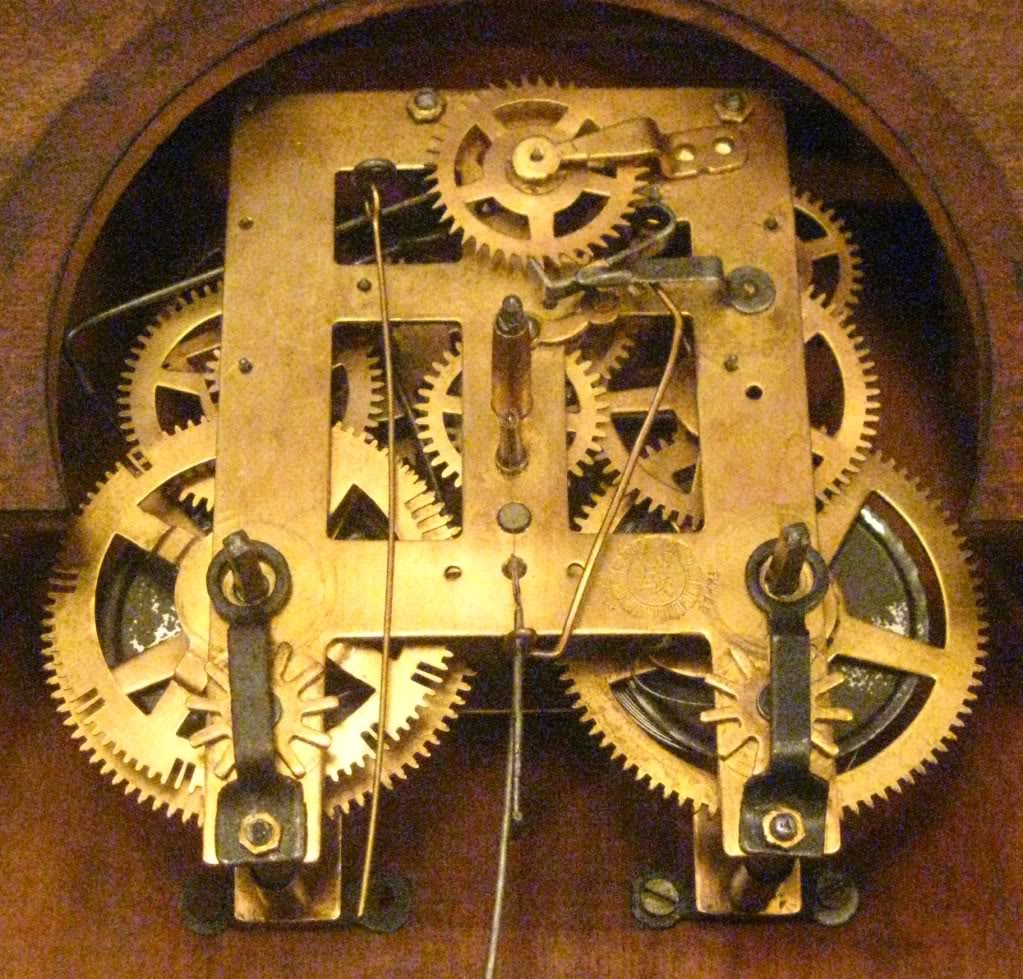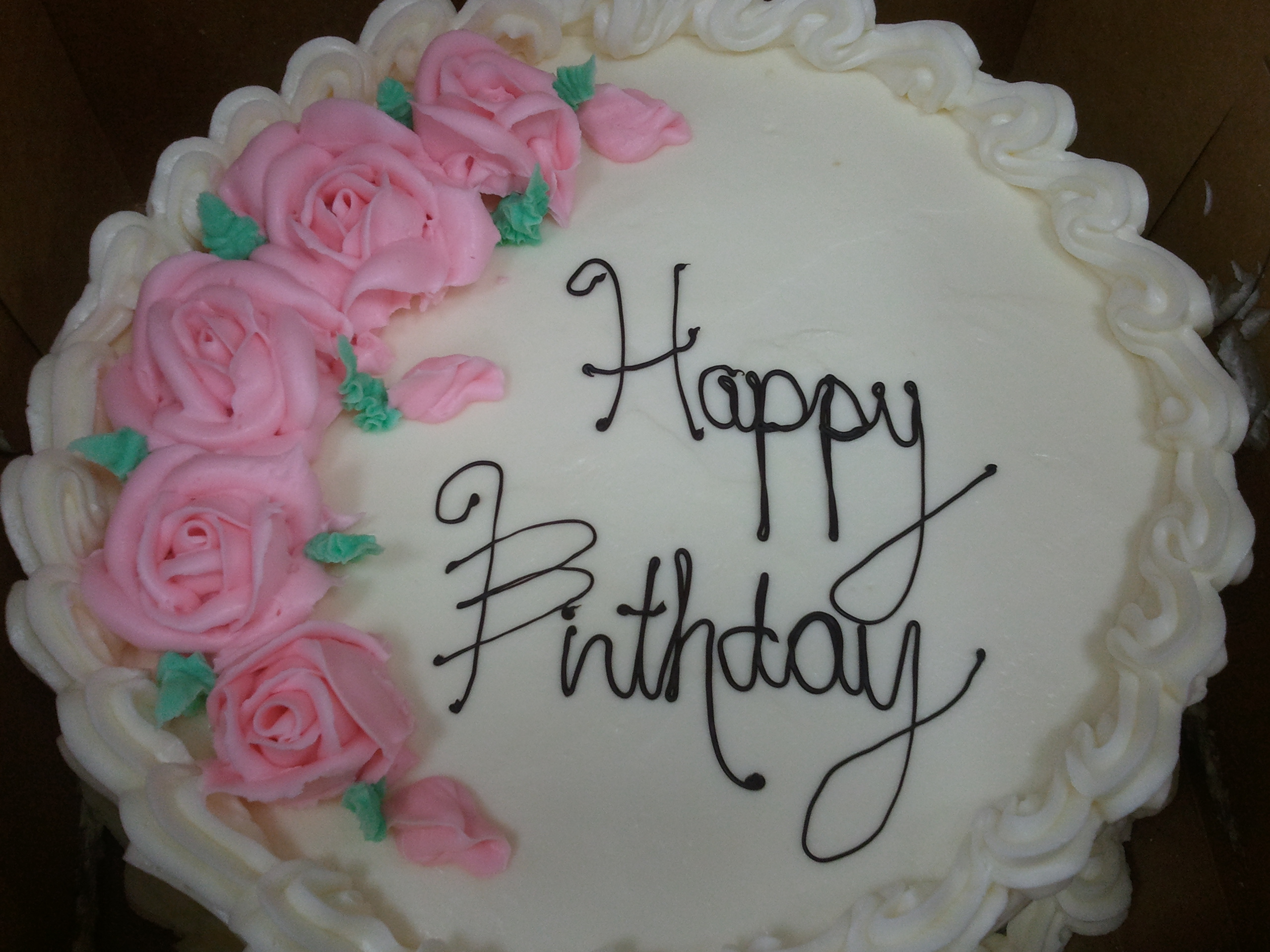I find it hard to believe there is actually a word in the English language that could possibly describe what caregivers go through. There can’t be. What is experienced during the caregiving process is often a deep, emotional shift accompanied by confusion, frustration, even resentment for many. Somewhere along the line, one loses oneself and their individuality blurs with the needs of the loved one.
Most are caregivers out of love and affection, and others caregive because it is not financially feasible to pay for professional care. Perhaps a child has a strong desire to care for mom and dad, or possibly a sense of obligation. They will caregive for as long as they can, only to surrender when they reach a point when they can no longer offer the quality of care the loved one really needs. It make no difference what the scenario is — all have experienced the same emotional labor.
Who then will care for you, the caregiver? Ultimately the answer is you. We’ve all heard the saying: “You have to remain strong for those you care for, so please take care of yourself.” But are caregivers really taking the time to replenish their bodies, minds, and souls? If I were a betting lady, I would say no.
As a dutiful daughter myself, I would, without thought, put my parents first at every turn, and would eventually become weak in body, mind and soul. Lost somewhere between raising children and tending to fragile parents, there is a place called limbo, and we must prevent ourselves from going there by anchoring to a solid, stable place.
What I have learned along the way from my clients is that it is 100% necessary to tend to yourself. This brings with it the image of being on an airplane; the flight attendant talks about placing the oxygen over your mouth before assisting others. You do this because without you, others might perish. The strong one must get stronger (have oxygen) before helping those who aren’t strong. Place the mask over your face and “breathe.” The same is true when your feet are on the ground and you are a caregiver.
©2015 The Estate Lady®
Julie Hall, The Estate Lady®, is the foremost national expert on personal property in estates, including liquidating, advising, and appraising. http://www.TheEstateLady.com She is also the Director of American Society of Estate Liquidators®, the national educational and resource organization for estate liquidation. http://www.aselonline.com.
No part of The Estate Lady® blogs, whole or partial, may be used without Julie Hall’s written consent. Email her at Julie@TheEstateLady.com.






